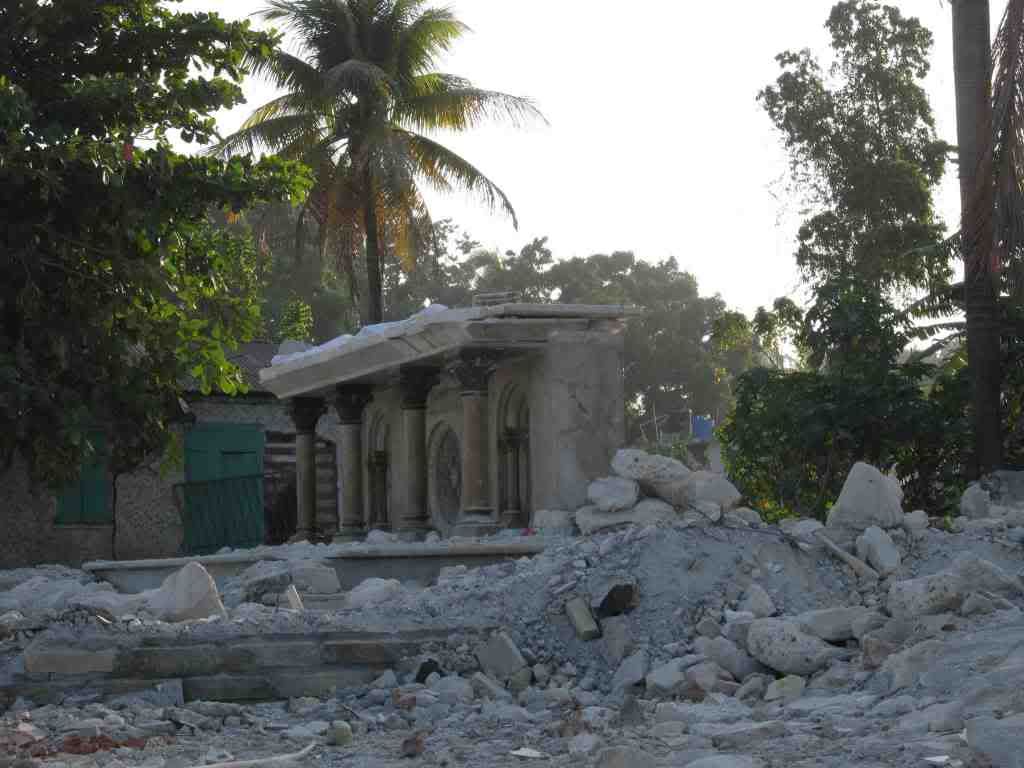In an instant, so much was lost:
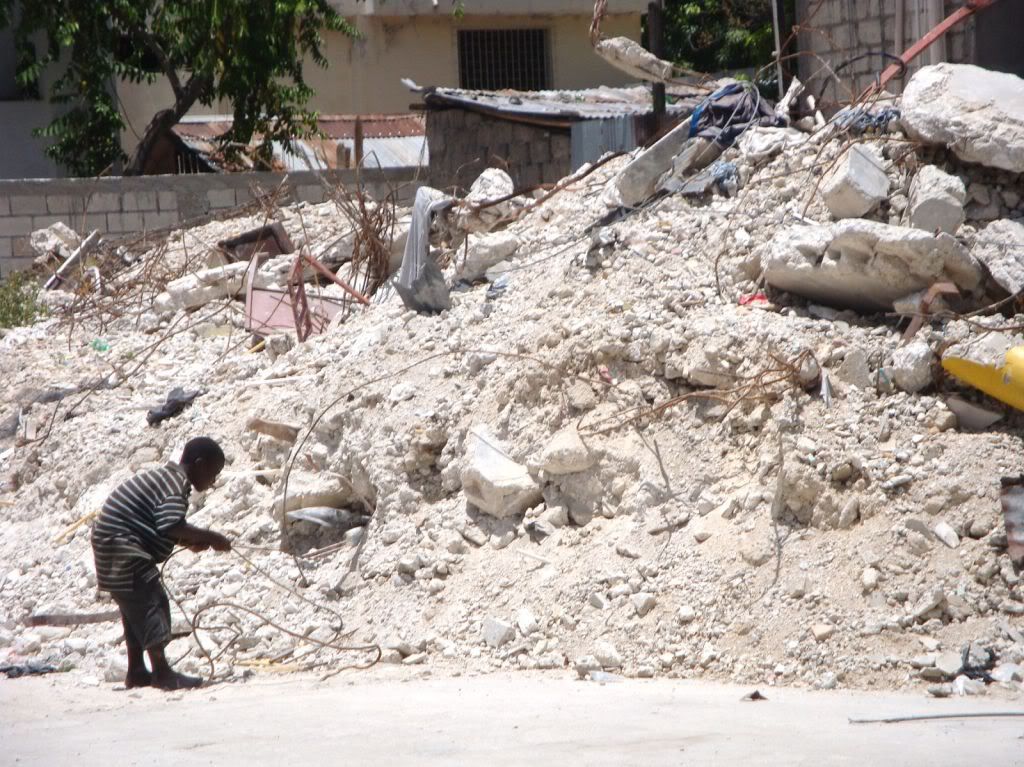
Wasn't in the mood for real goodbyes, but I received a sweet surprise send-off from the my classmates:
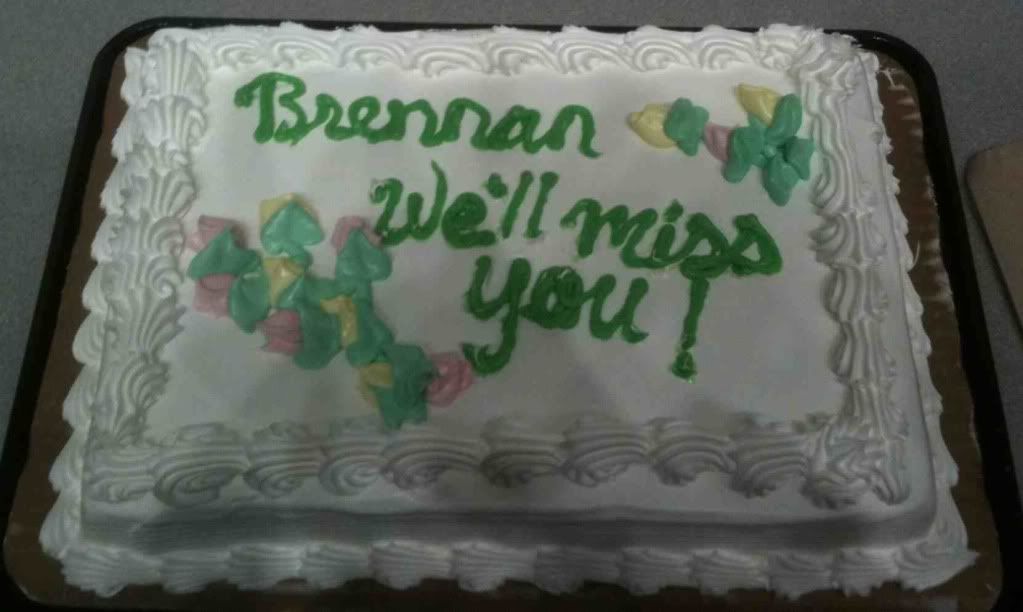
LSTH---the door to the nursing school where 3 dorm rooms were converted to ORs. In Cessna's landing on the highway outside Leogane, people showed up, taped on nametags, and worked as hard and long as humanly possible:
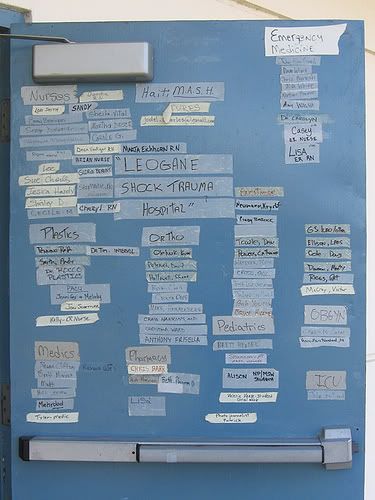
The same mishmash, heroic group--Jean Marc, Chris, Josh, Ralph...--got the tent pods set up a few weeks later:
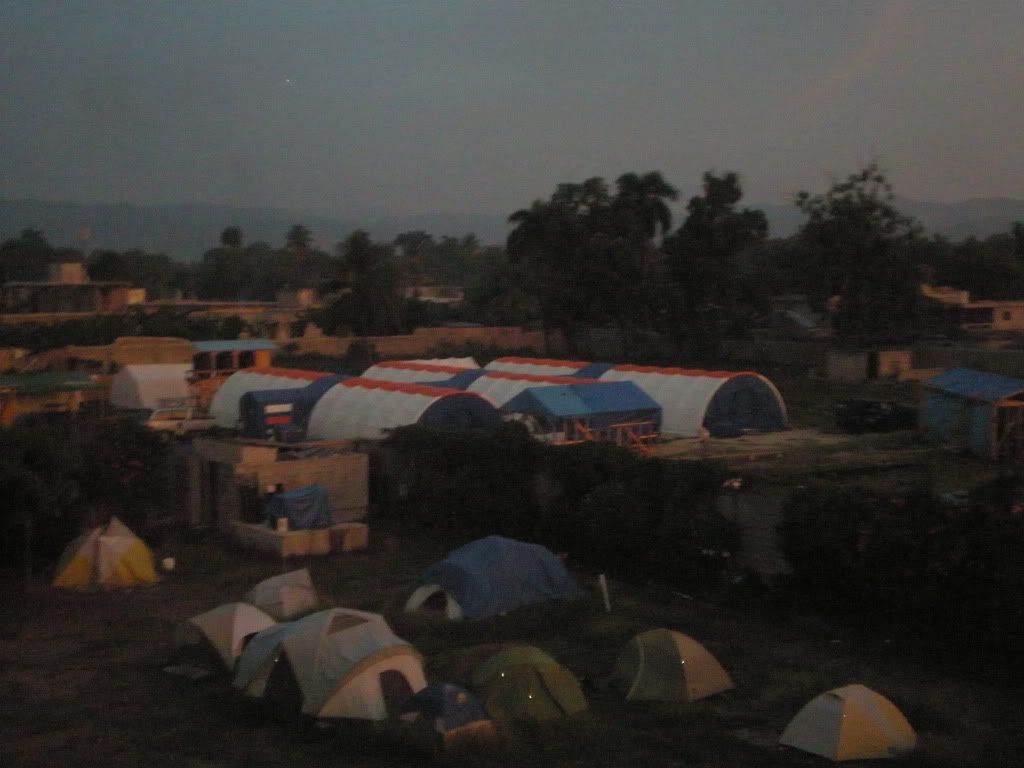
Becoming more than just a trauma center, we were now a 24/7 general hospital. Dan's first on-call board offered a template, and we kept going. Working as hard and long as humanly possible. Or more:
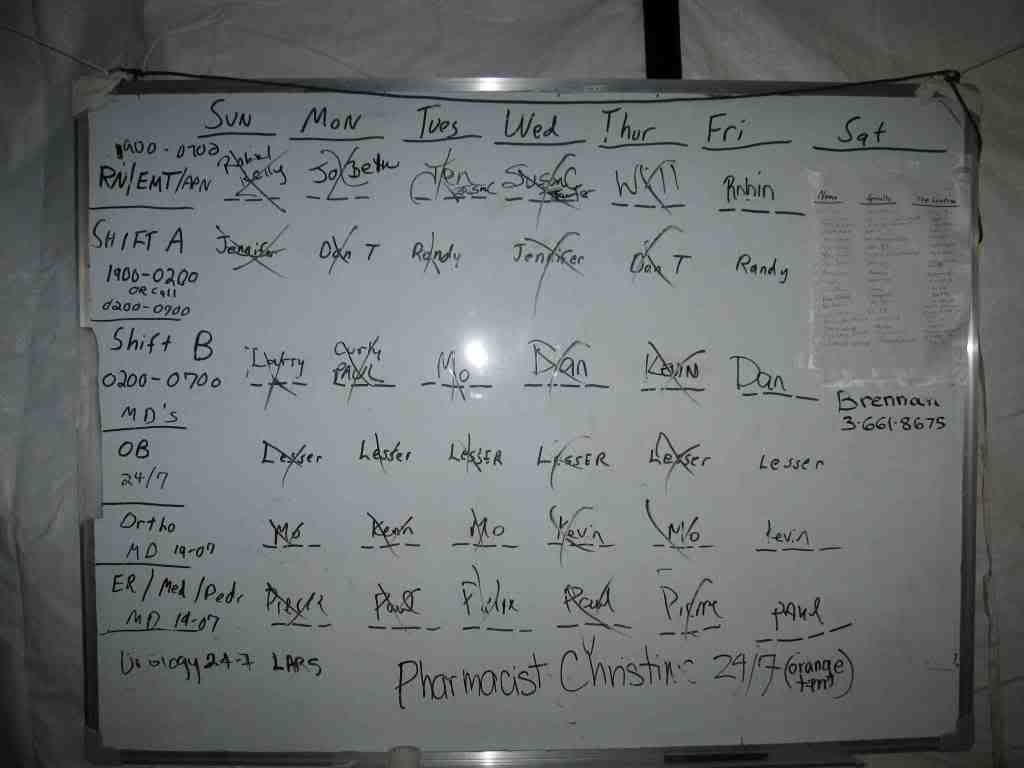
Peter, my colleague, rose to every challenge. What we did is best expressed by a single Kreyòl word degaje "to make it work, to find a way":
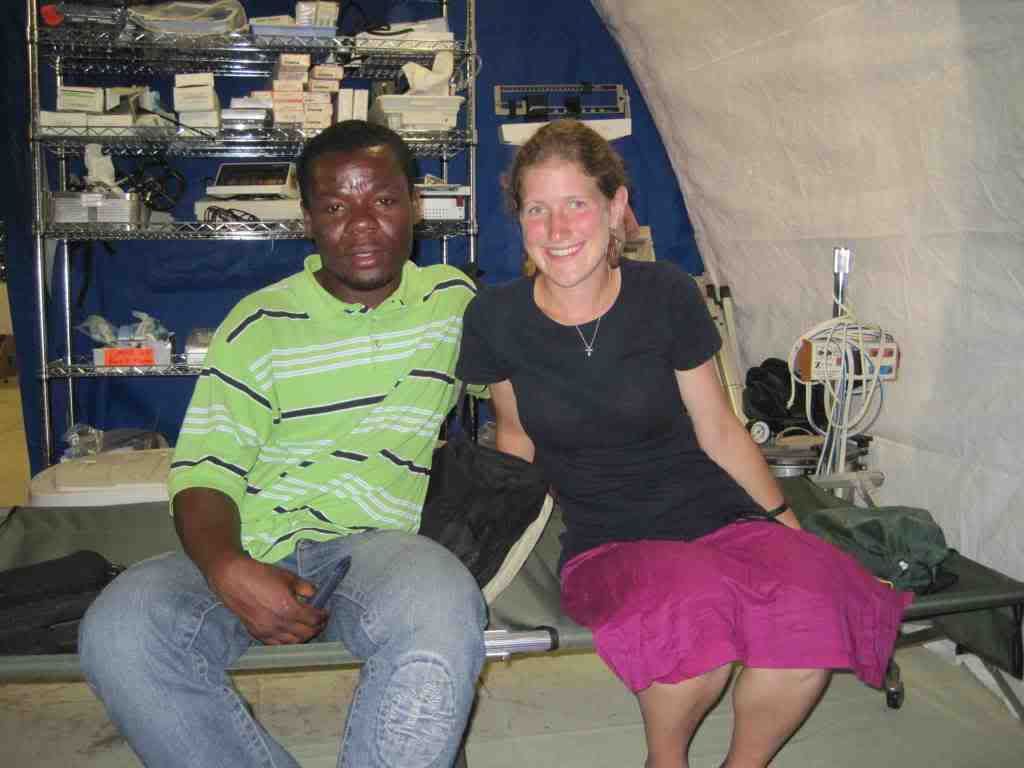
Kristina (pictured) and Abbey (not) were my other comrades. One attempt at dancing Michael Jackson was more than enough:
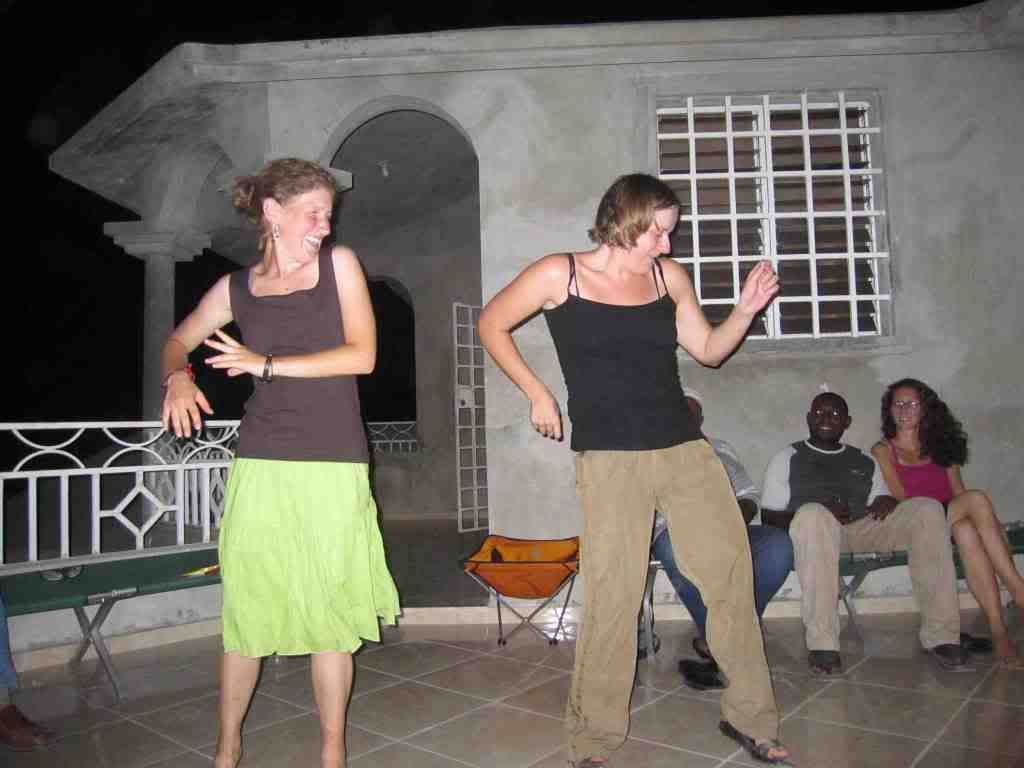
Ralph Plastics & Mo Ortho bandaging 2-year-old Garvensly, badly burned but to fully recover with diligent care from our nurses & docs, and his grandmother:
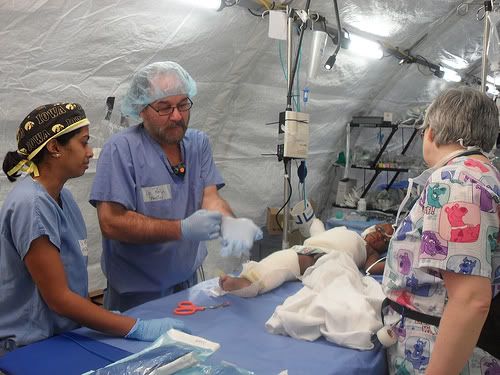
Dan, Lars, "T", and Sony acting as transport team. Doubt that wearing shorts in the OR will be acceptable in the Mass General:
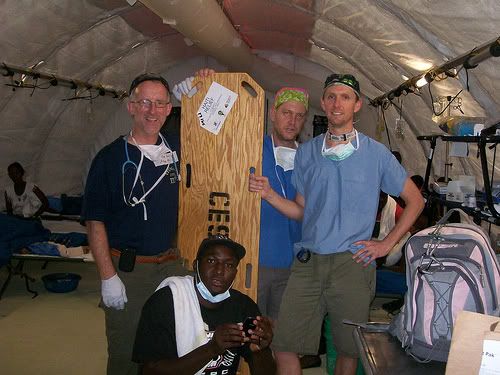
Robenson---translator, smooth operator, and my friend & protector:

Roosevelt---carpenter, and my other friend & protector:
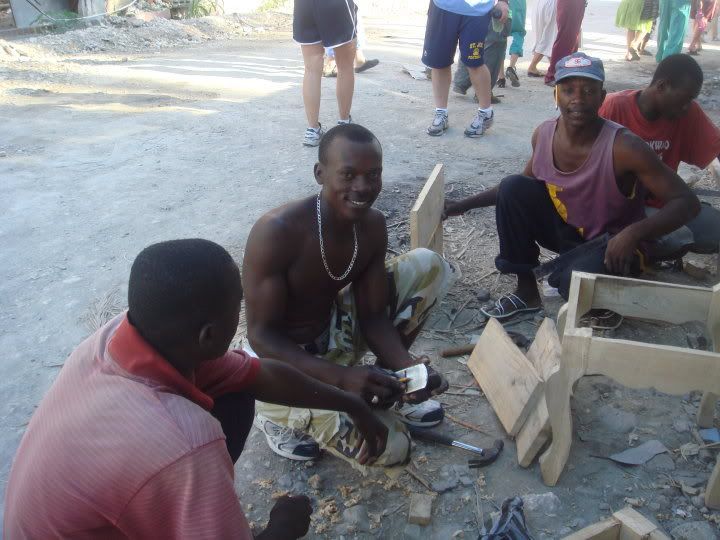
Williamson---one special orphan:
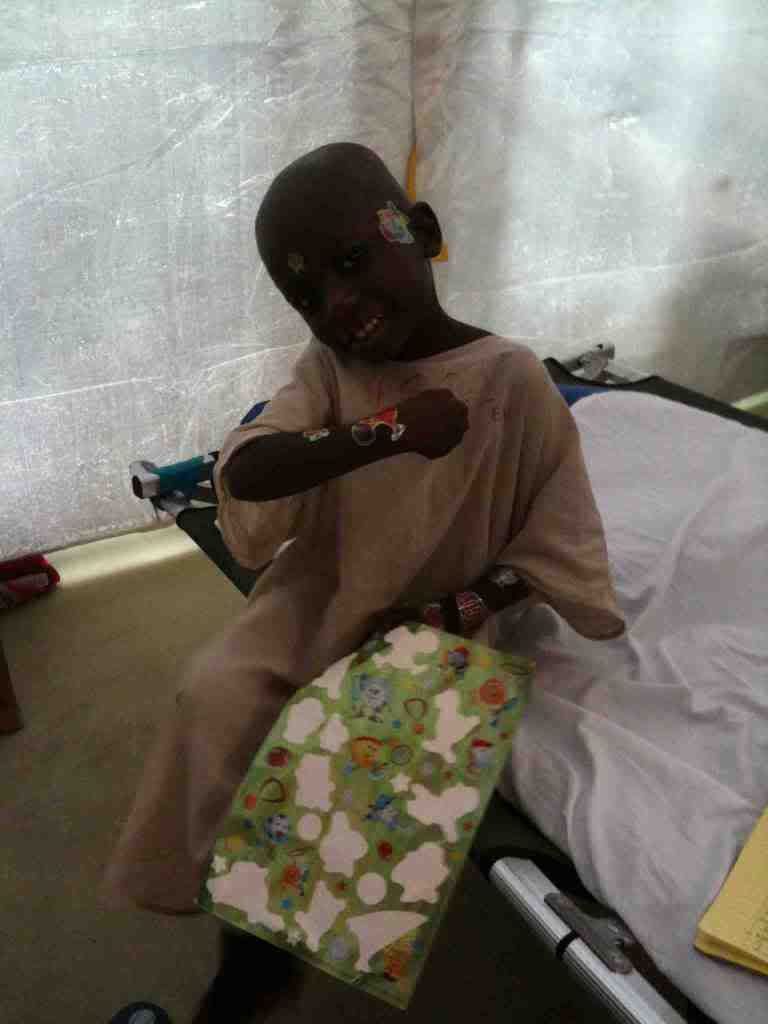
Williamson---taken in by Manoucheka to join her son, Jonas, in a loving family:
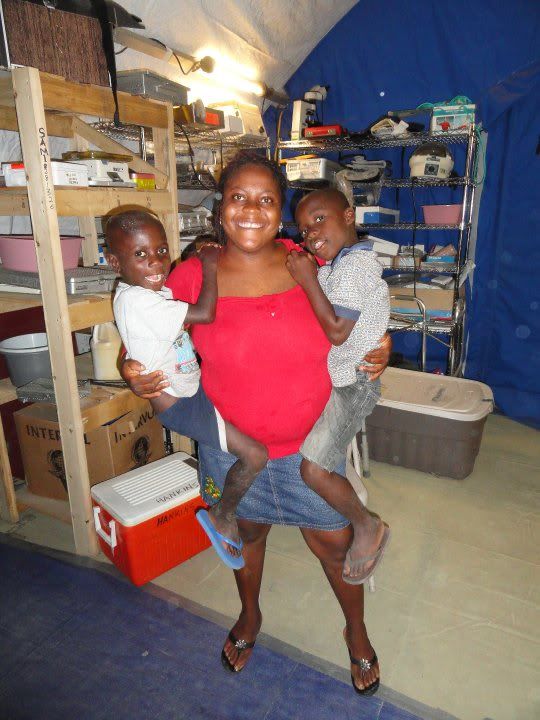
Emily Ann---March 12, moments after birth, two-months premature, in respiratory distress. Her young mother abandoned her the next day:

Emily Ann---April 29, after two months in the Medishare NICU. 8 weeks old, 6 pounds:
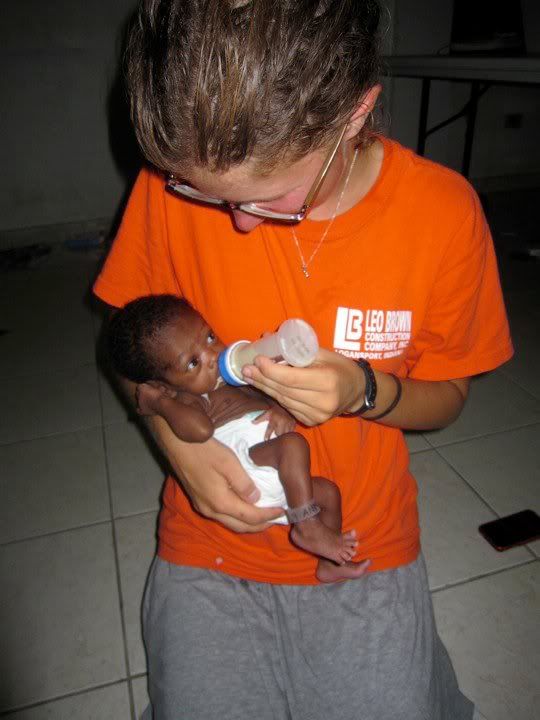
Emily Ann---December, with her adopted mother, Natacha. (photo courtesy Steve Seidel). She's grown a bit:
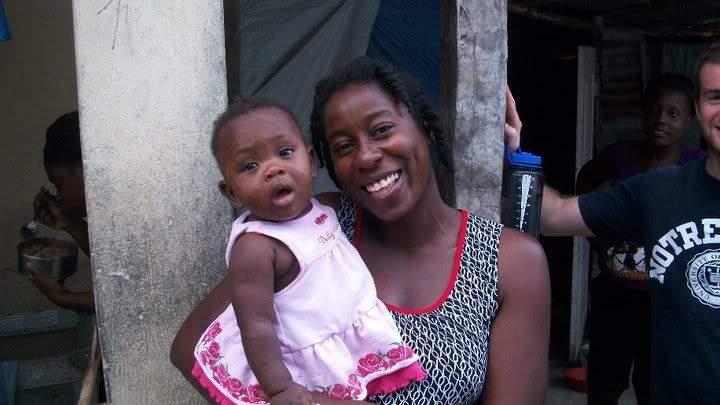
Junior---was in constant pain since March 2009 moto accident, now in Maine recovering from a recent hip transplant arranged by Dr. Kevin. Junior calls himself my "gran frè" and is continuing his work as an artist:
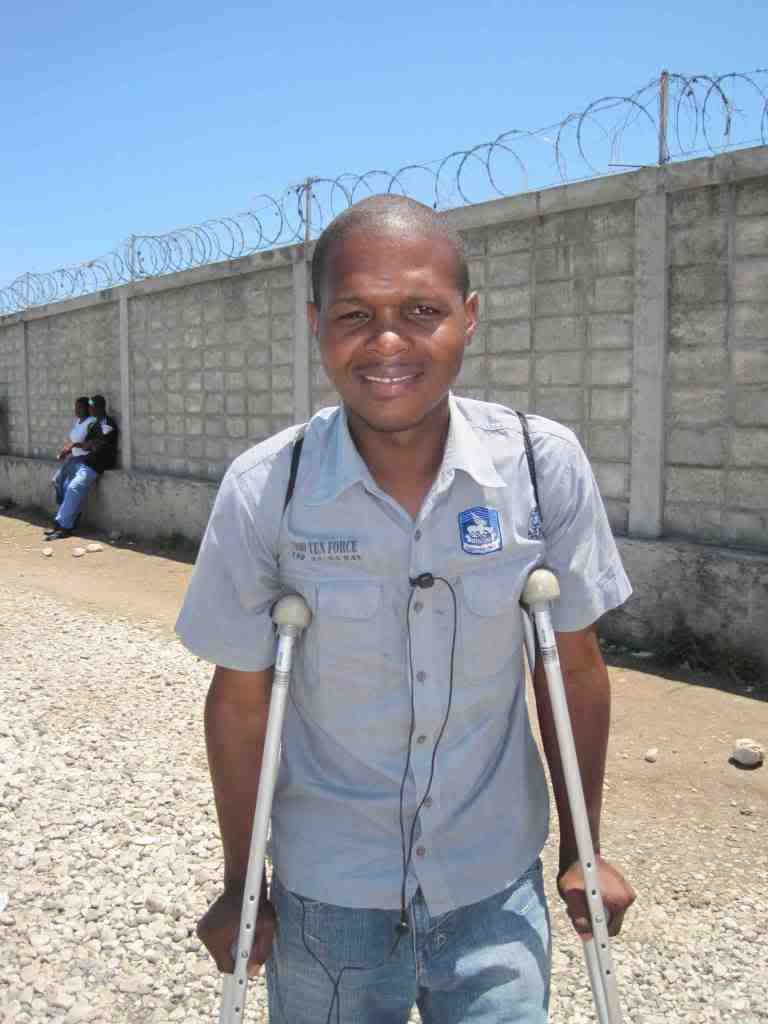
Playing a little before the pain of leaving work unfinished in a place I love:
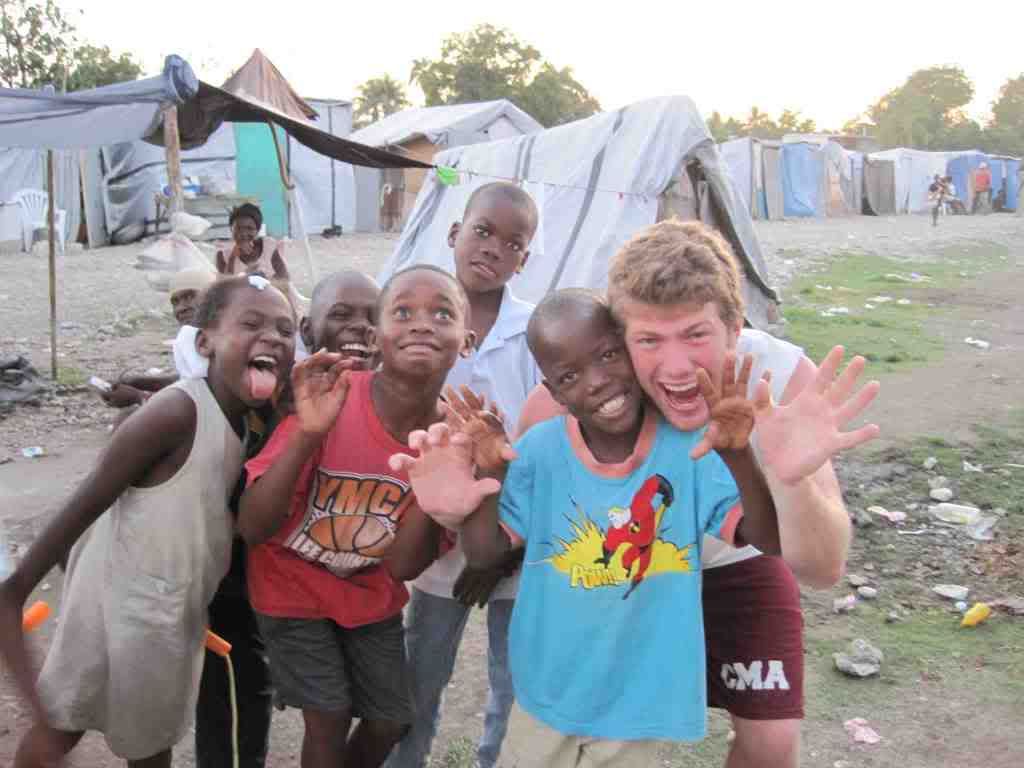
Yet, the Union Square Farmer's Market is another lovely place:

With impressive street performers:
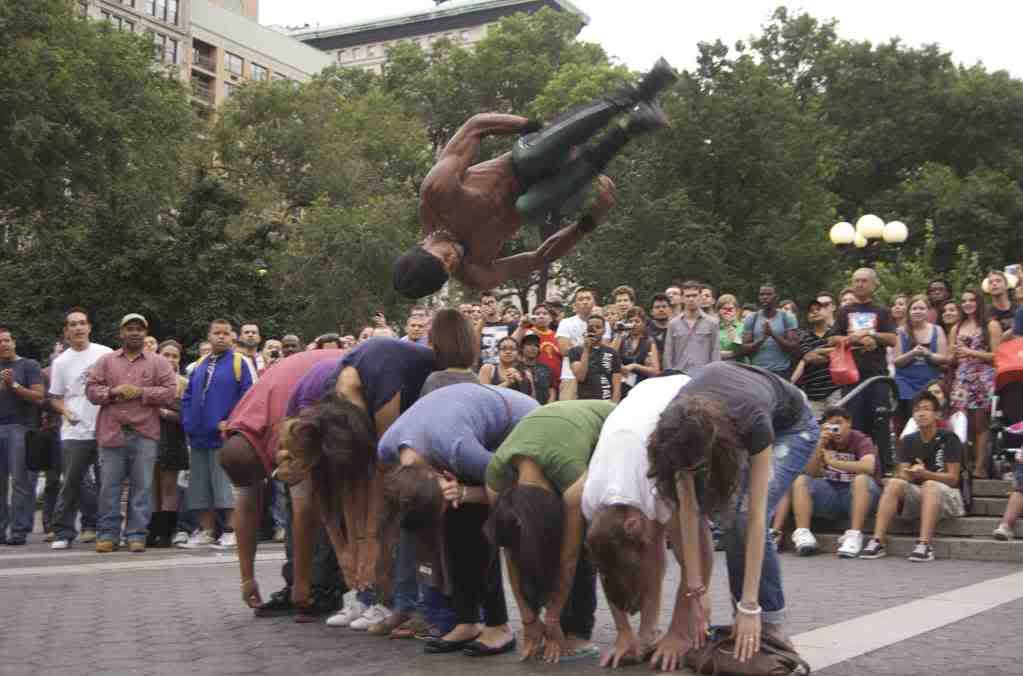
Another life-enriching experience, the Coney Island Mermaid Parade:
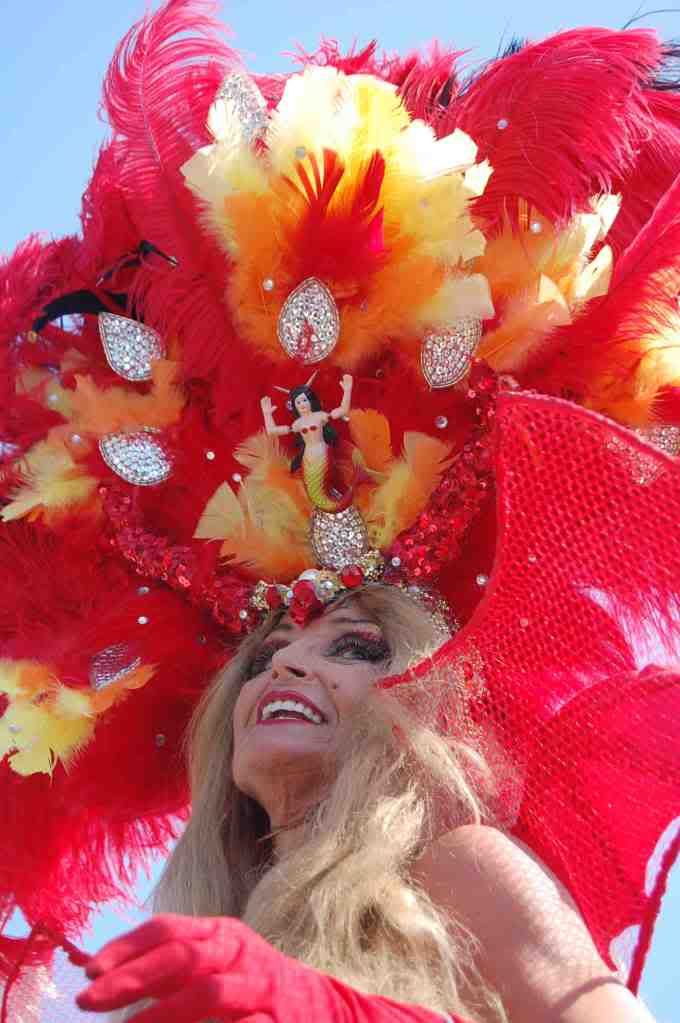
Visiting my friends at the Farm of the Child in Honduras, impressed by their skills of cooking for mass community over a wood-stove:
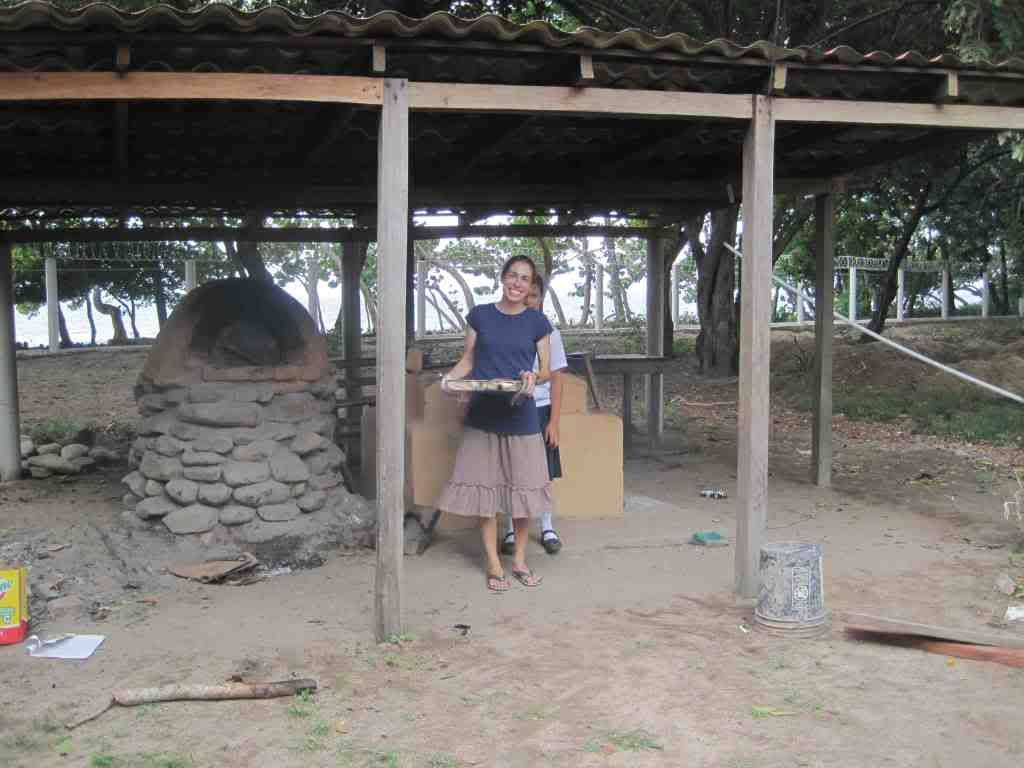
Within and among El Salvador, Honduras, Guatemala, Nicaragua...this is how I rolled. Hours and hours and hours of rolling:
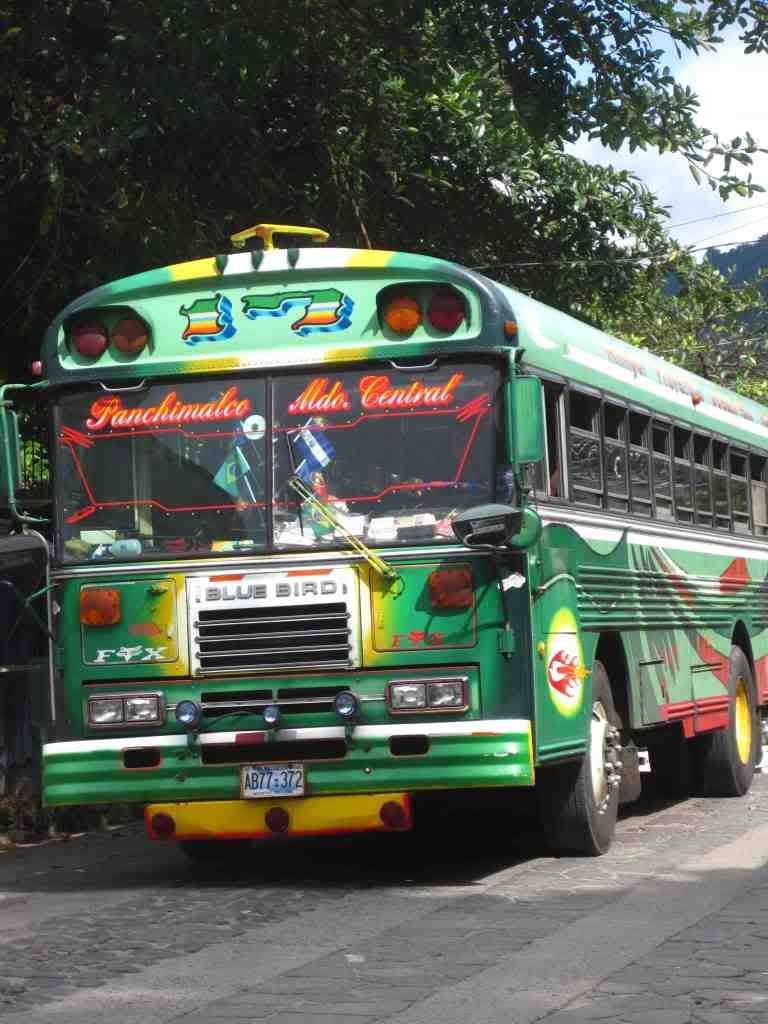
But sometimes there was entertainment:
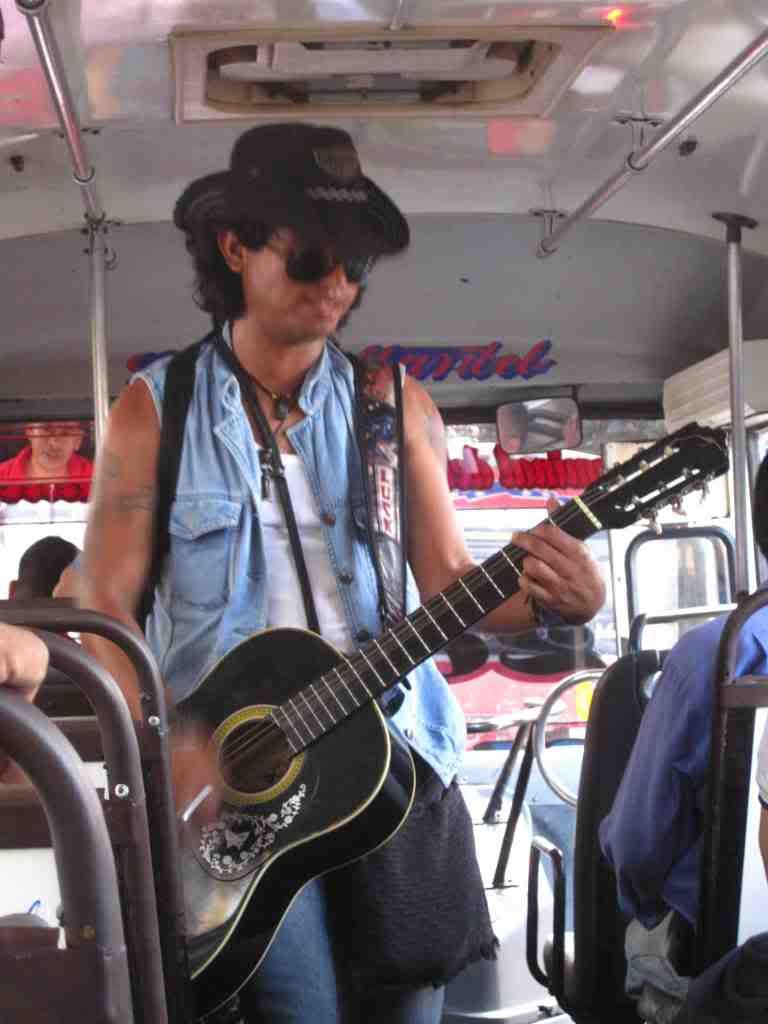
Thousands of Salvadoran women, children, and men demanding justice in healthcare, never giving up in the long struggle:
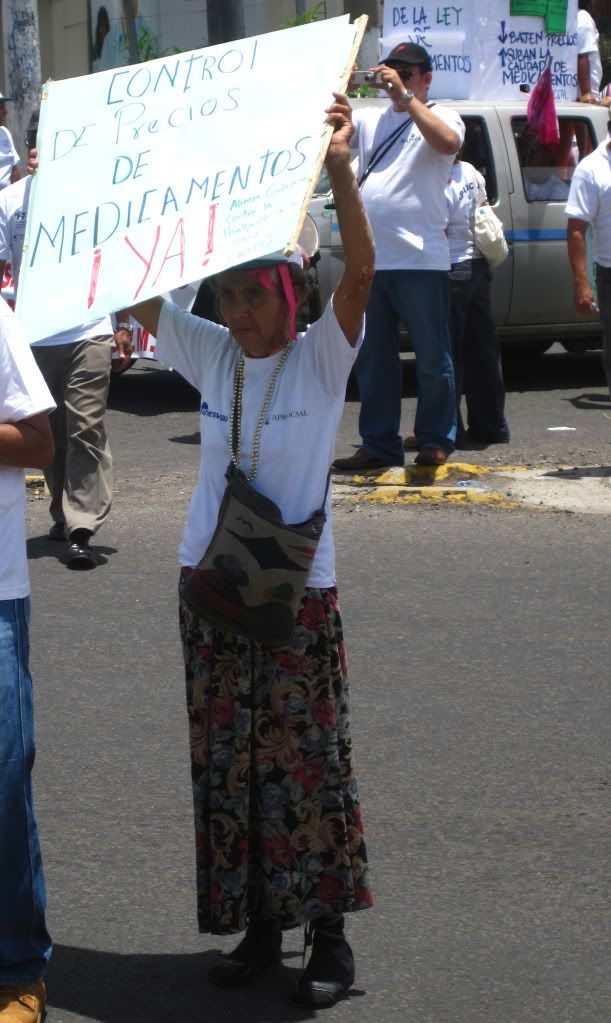
So, while I witnessed much natural beauty (here Volcan Concepción, the one I climbed/stumbled up):
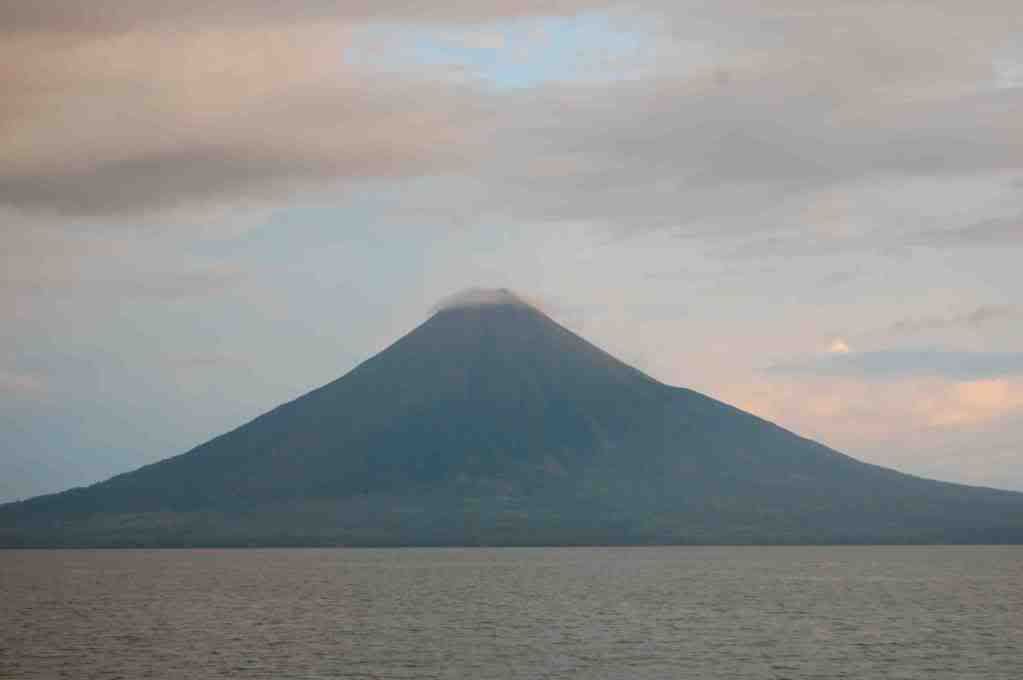
...The human beauty was far greater (girls dancing for the San Geronimo festival in Masaya, Nica):

Leaving mi familia:
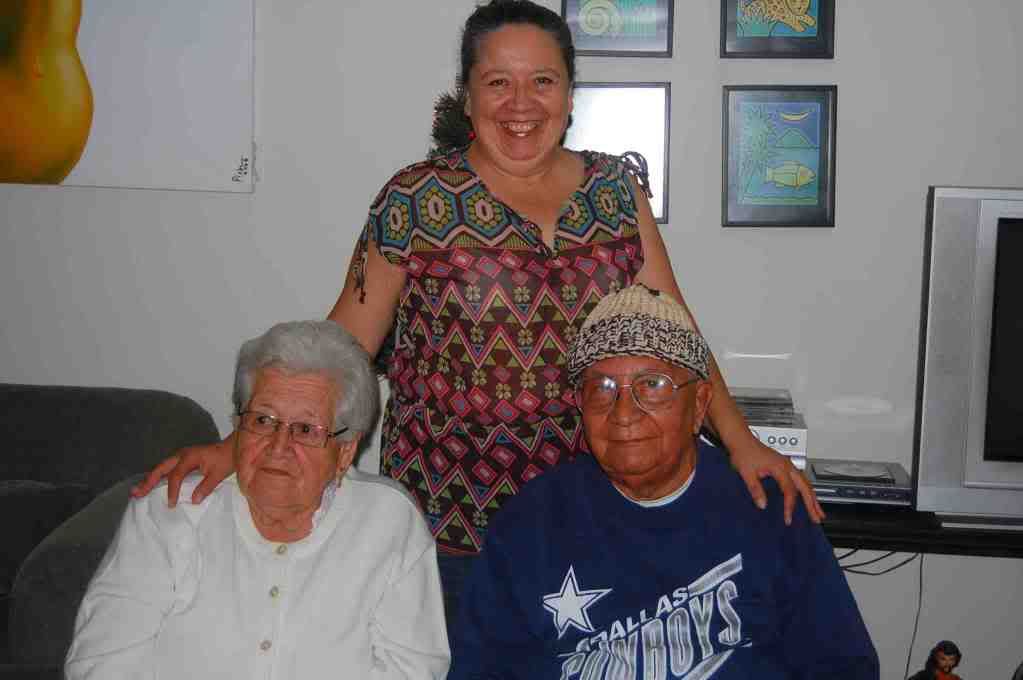
To return to my family:
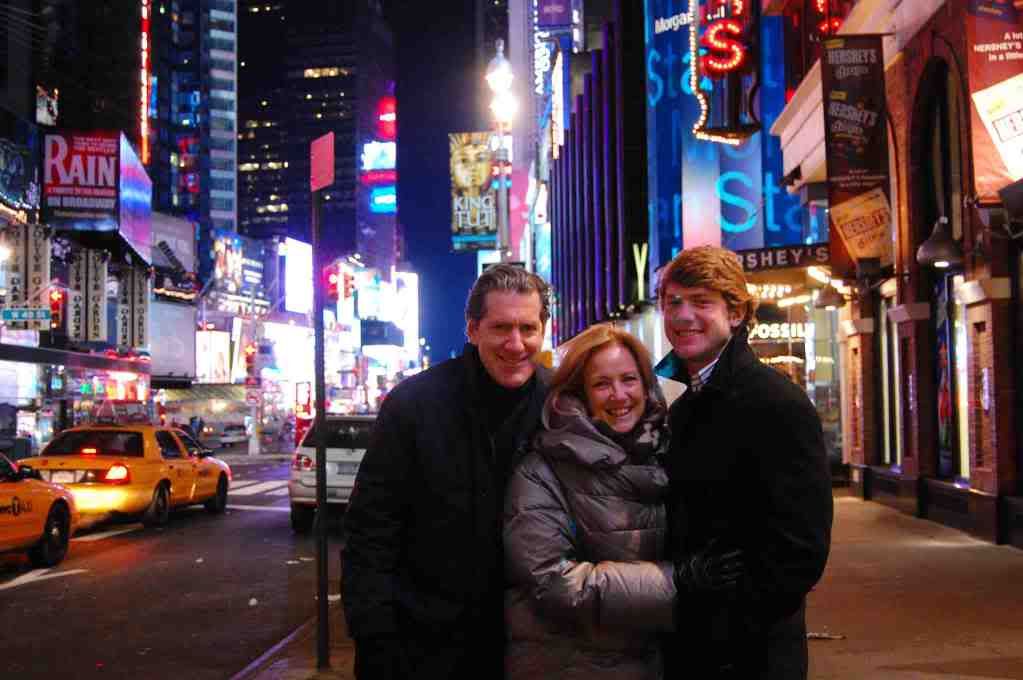
And to the Farmer's Market:

And our view:

We had a happy Christmas---even saw the Radio City Rockettes!
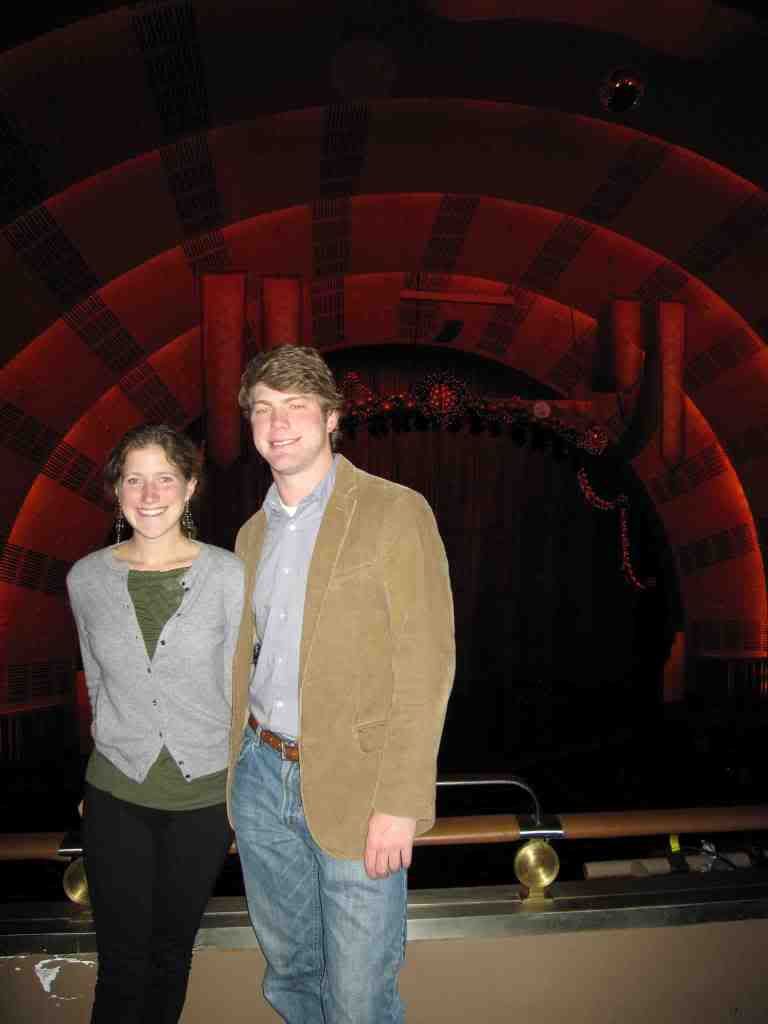
December 26, it started snowing. A lot. With thunder cracking and lightning flashing. Wikipedia "thundersnow":
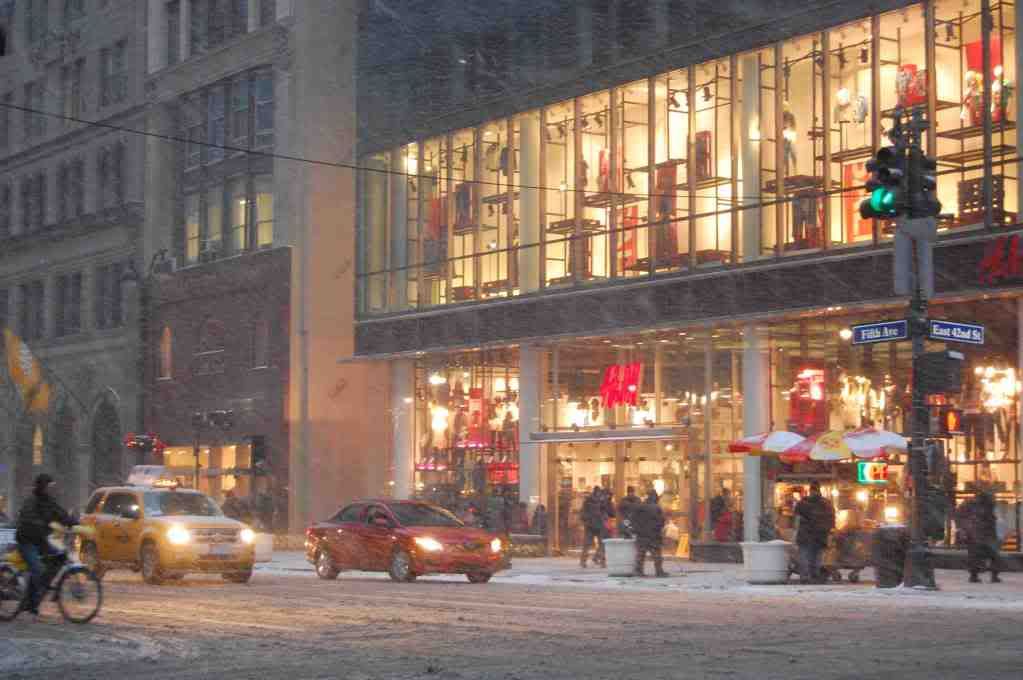
Being our last night after a two-year NY hurrah, however, we still dressed up and went to Brooklyn for dinner (check out the chocolate bridge dessert):
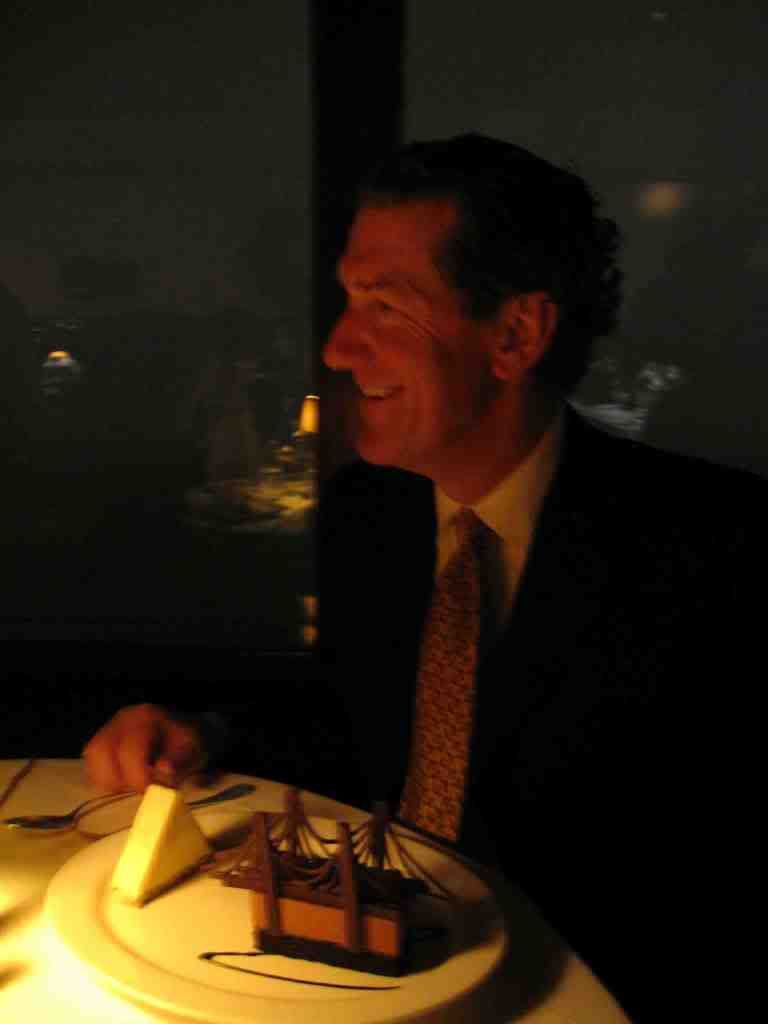
And so in order to find (thank goodness) a subway home, we tromped ten blocks through windy 15-inch drifts:
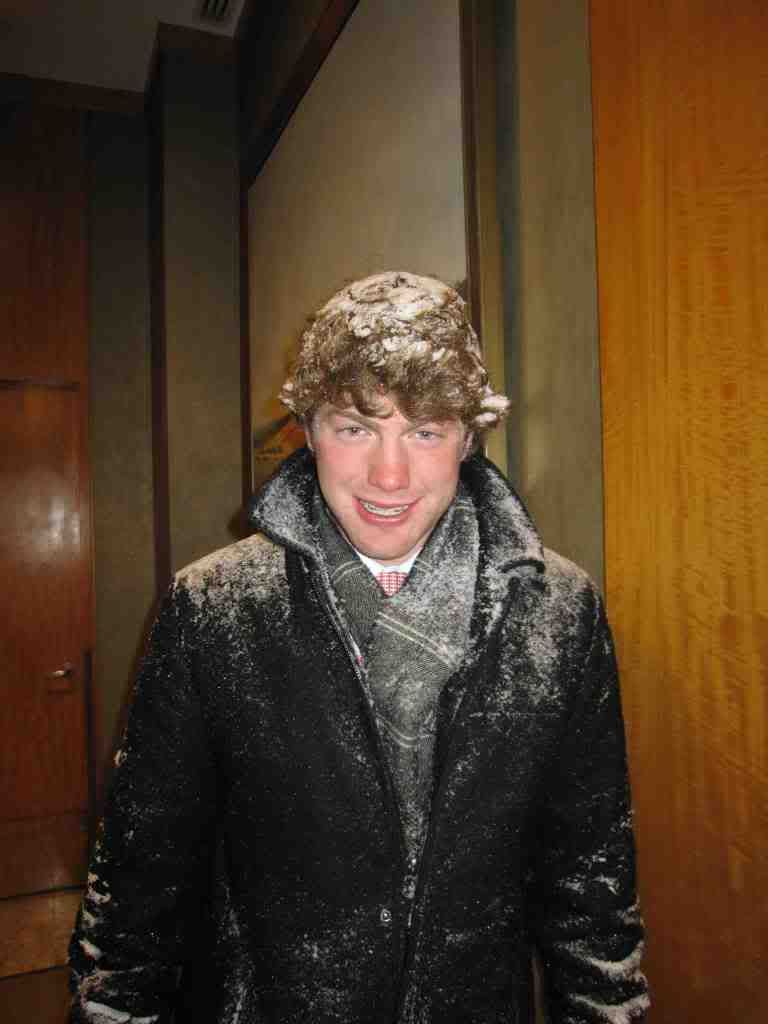
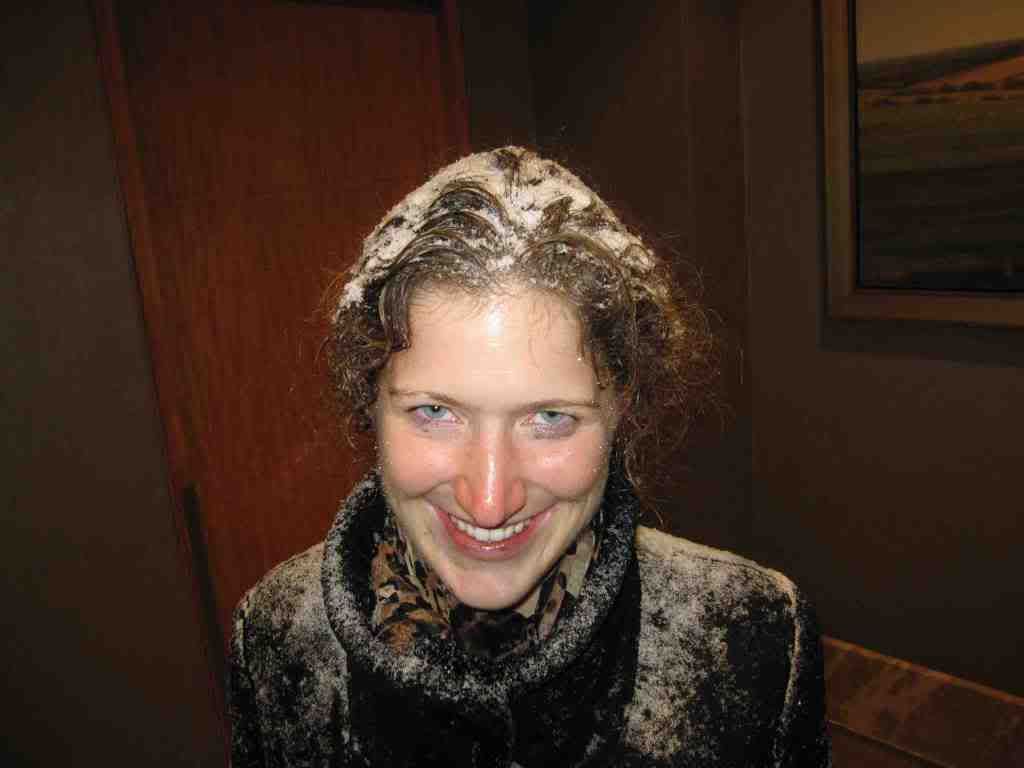
Tomorrow is not only a new year, but the 207th anniversary of a land of slaves winning freedom---a new beginning since marked by much abuse, yet still a story of pride, and courage:
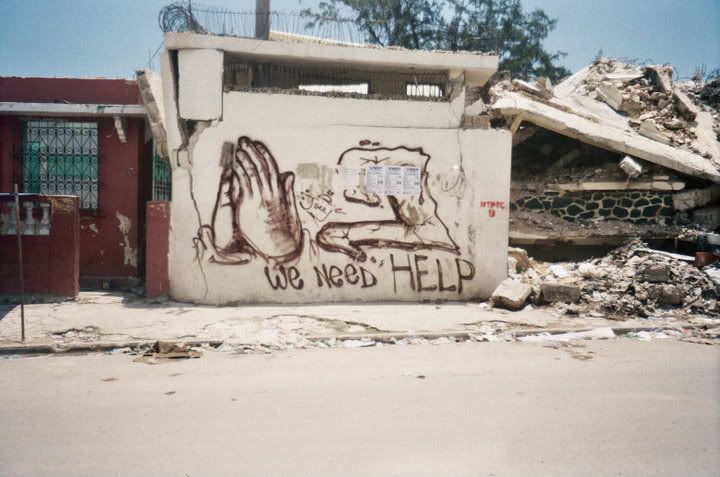
The St Rose de Lima church in Leogane collapsed completely, except the altar. People kept gathering around it, with hope and love. What was built, destroyed. Daily harm continues, ever stronger. But perhaps not everything lies in ruins:
